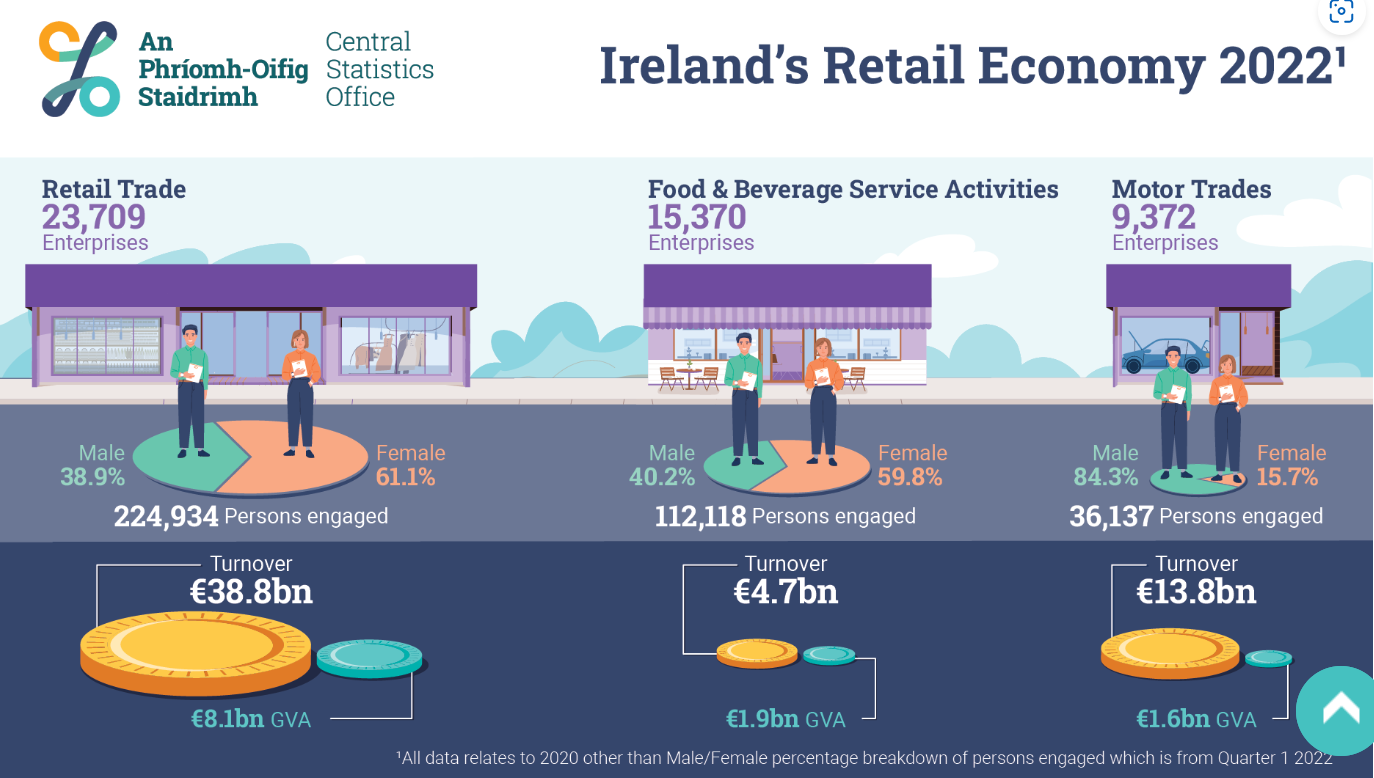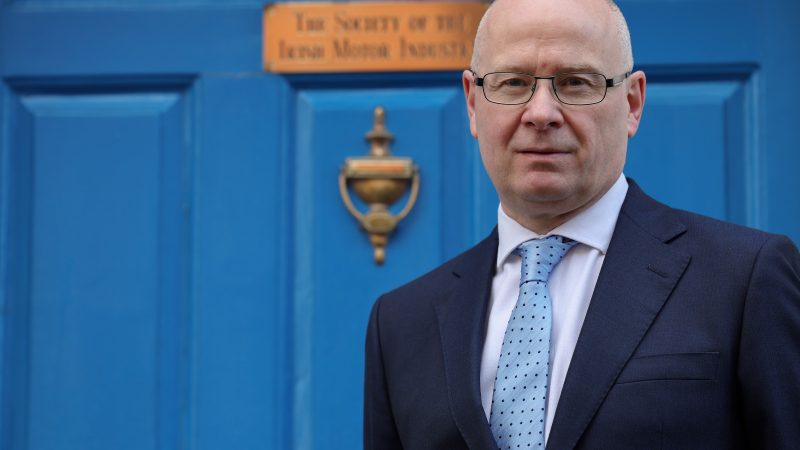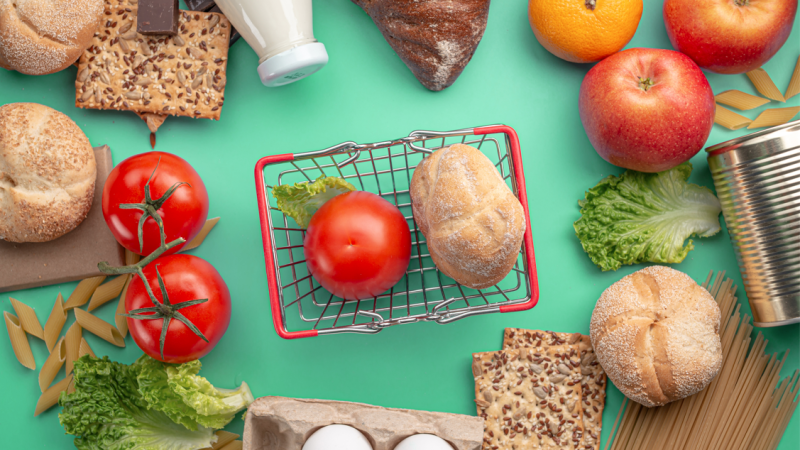New Data on the Retail Sector in Ireland – Ireland’s Retail Economy 2022

Ireland’s Retail Economy – a new publication by the Central Statistics Office (CSO), uses a range of retail business statistics to give an overall profile of the sector. This publication covers three sectors that make up the €57.3 billion Retail Economy.
Key findings include:
- The Retail Economy generated turnover of €57.3 billion and had almost 48,500 active enterprises with almost 373,200 persons engaged in 2020.
- In the Retail Economy, almost six in ten (57%) of those in employment in Quarter 1 2022 were female.
- Females accounted for more than two-thirds (69%) of part-time employees but less than half (47%) of full-time employees in the Retail Economy.
- In April 2020, following the first introduction of the pandemic-related restrictions, the proportion of sales transacted online in Irish registered companies increased significantly to 22.7% but has since fallen back to an average of 9.8% in 2021 and 7.0% in 2022.
- Labour costs in Food & Beverage Service Activities, as a proportion of total business costs (31.9%), were far higher than in sectors such as Motor Trades (7.0% of total costs) or in Retail Trade (14.6% of total costs).
- Friday was the most active day for shopping, followed by Saturday, while Sunday was the least active.
- In 2022, 42% of all new cars licensed were electric or hybrid compared with just 13% of cars in 2019.
Commenting on the new publication, Ewan Mullane, Statistician in the Business Statistics Division, stated: “This is a new thematic publication by the Central Statistics Office (CSO) on business statistics. A range of data was taken from existing sources and analysed in greater detail in order to present an overall profile of the Retail Economy. The publication covers three sectors: Motor Trades, Retail Trade, and Food & Beverage Service Activities.
Main Results
The Retail Economy generated turnover of €57.3 billion in 2020. More than two-thirds (€38.8 billion or 67.6%) of this came from Retail Trade. Motor Trades generated turnover of €13.8 billion, representing almost one-quarter (24.2%) of the total turnover, and Food & Beverage Service Activities accounted for the remaining €4.7 billion (8.2%).
The Retail Economy had almost 48,500 active enterprises in 2020. Almost half of these enterprises (48.9%) operated in Retail Trade, almost one-third (31.7%) were engaged in Food & Beverage Service Activities, while the remaining one-fifth (19.3%) of enterprises were in Motor Trades.
Employment
There were almost 373,200 persons engaged in these three sectors with almost 225,000 (60%) people working in Retail Trade, a further 112,100 (30%) in Food & Beverage Service Activities, and more than 36,100 engaged in Motor Trades (10%).
While the almost 205,000 females employed in the Retail Economy in Quarter 1 2022 represented the majority of those in employment (57%), they accounted for more than two-thirds (69%) of part-time employees but fewer than half (47%) of the total number of full-time employees. Females accounted for more than seven in ten (71%) of all part-time workers in Retail Trade, while they made up two-thirds of all part-time workers in Food & Beverage Service Activities.
Wages and Hours Worked
The overall average weekly wage in the Irish economy in Quarter 1 2022, was €885.33 per week. Looking at average weekly wage in these sectors, it was €737.28 in Motor Trades, €484.53 in Retail Trade, and €378.52 in Food & Beverage Service Activities.
The average number of hours worked was 36.9 hours per week in Motor Trades, but it was much lower in the other two sectors. Average hours worked was 27.0 hours in Retail Trade and 25.4 hours in Food & Beverage Service Activities, where there were greater proportions of staff working part-time.”







